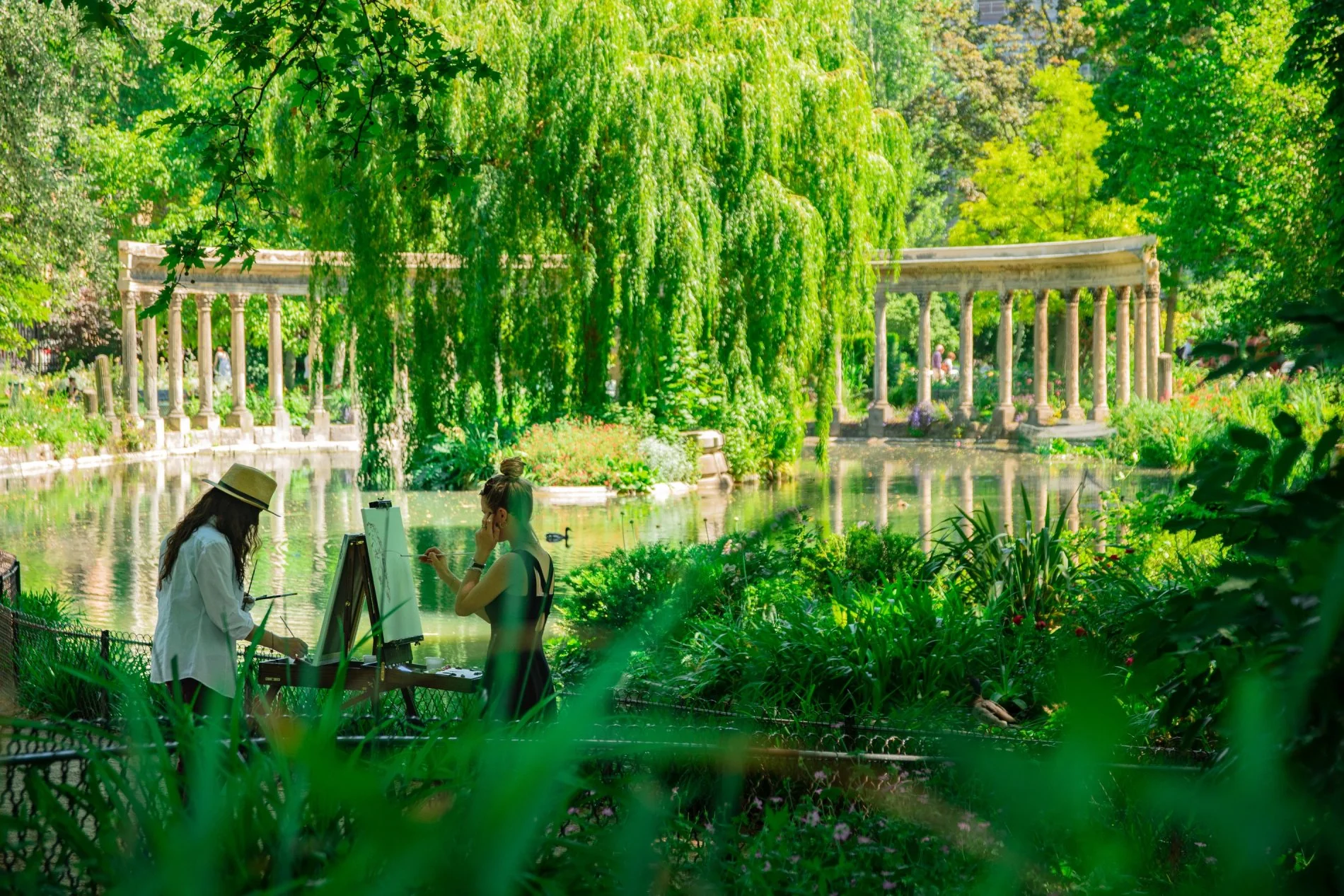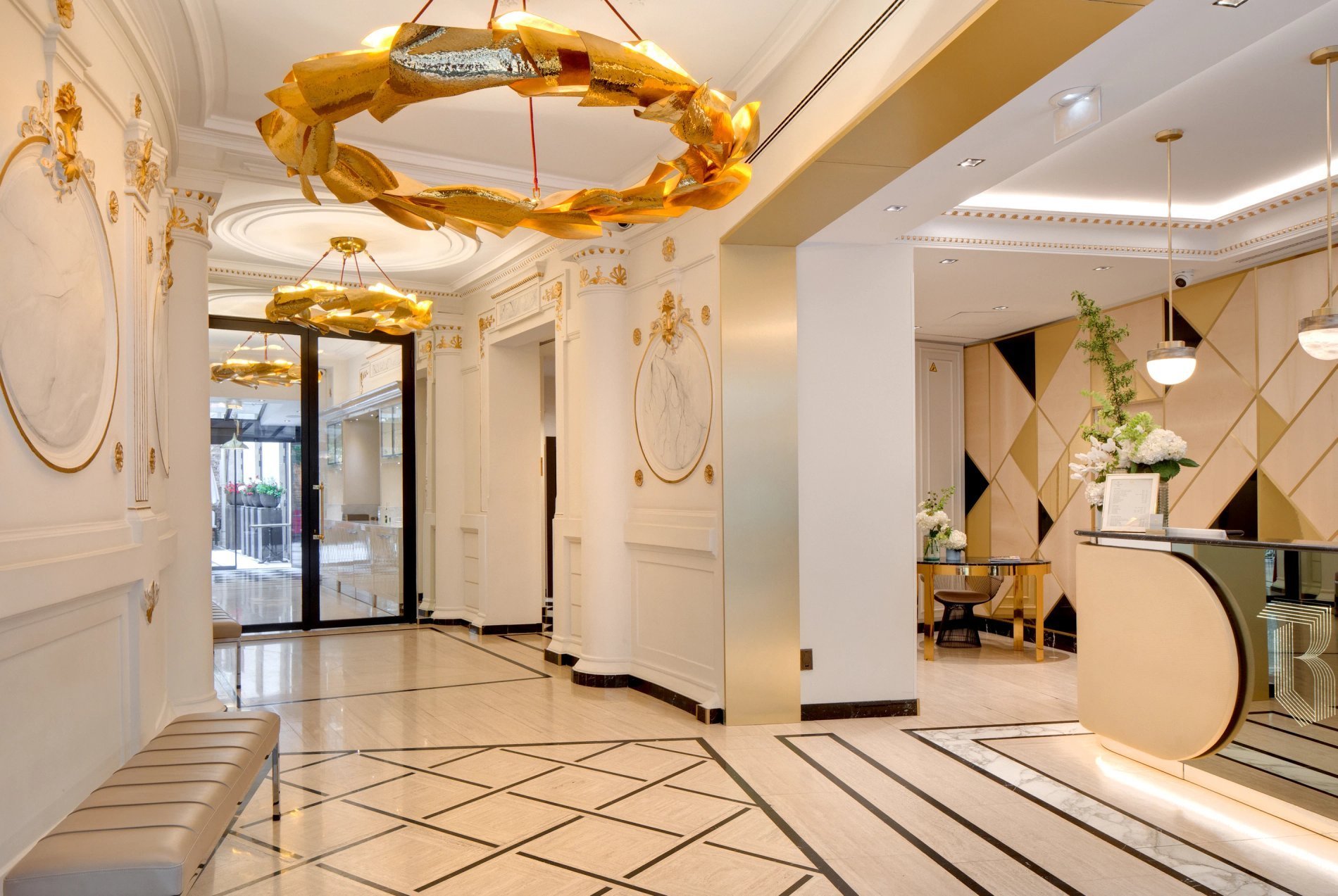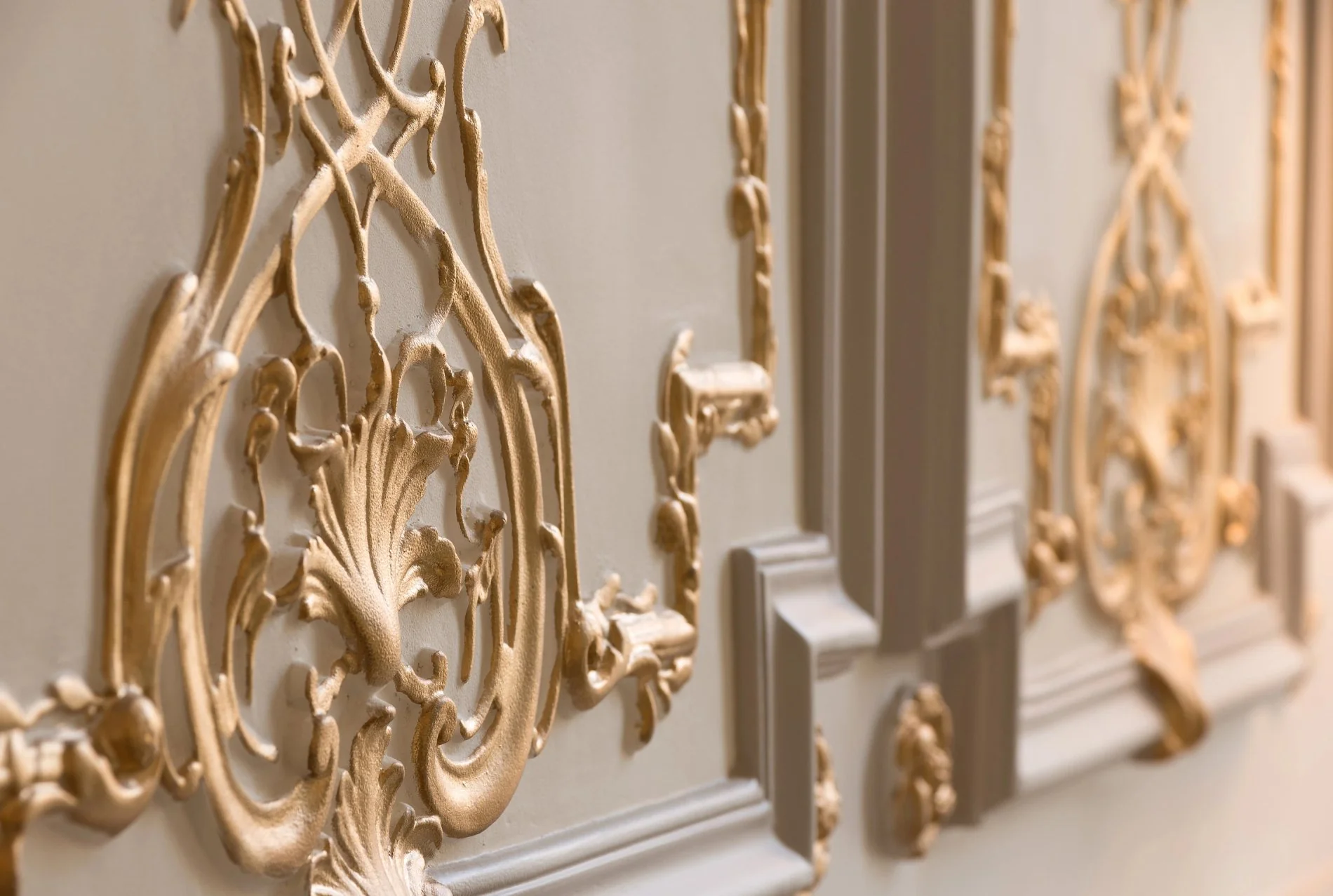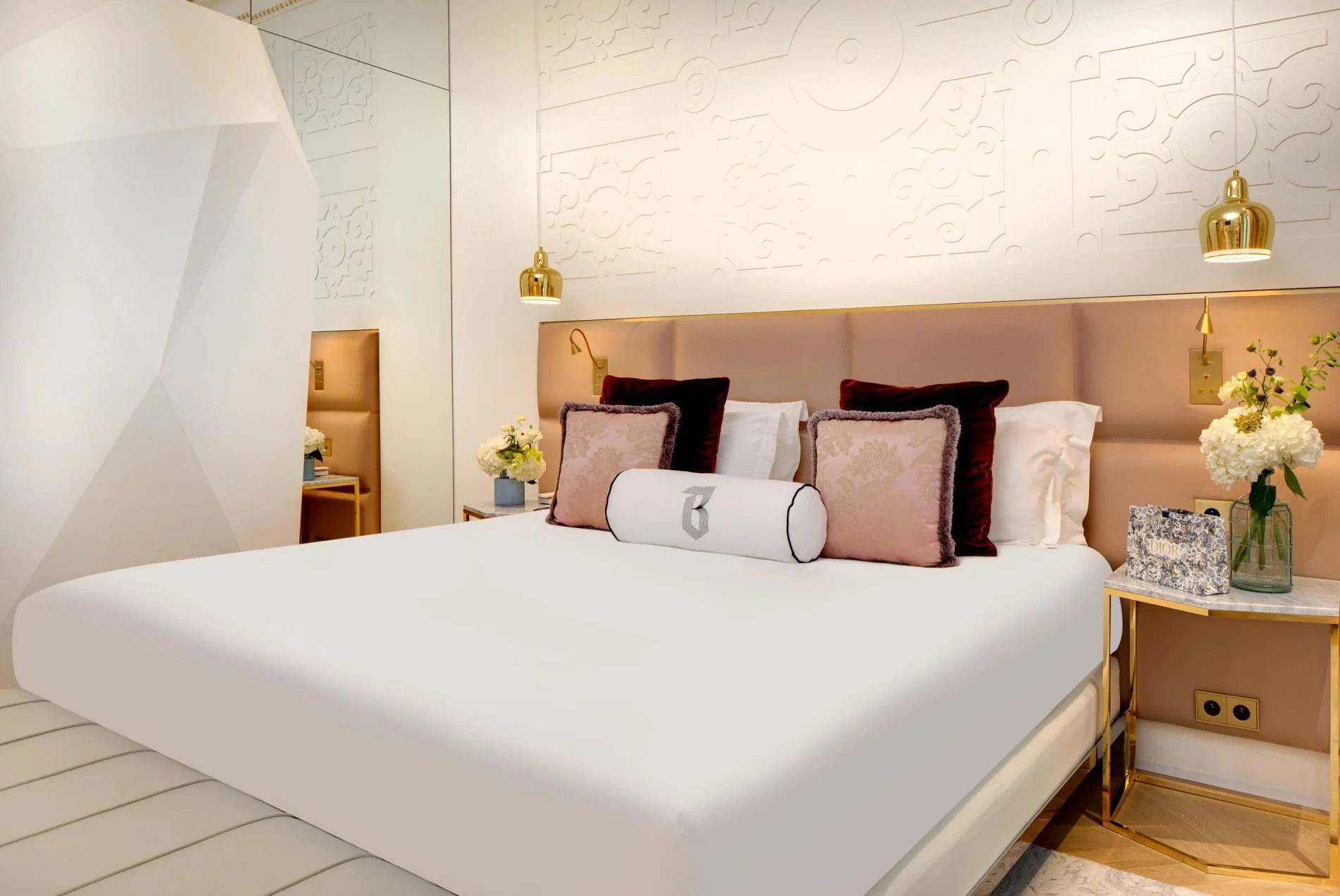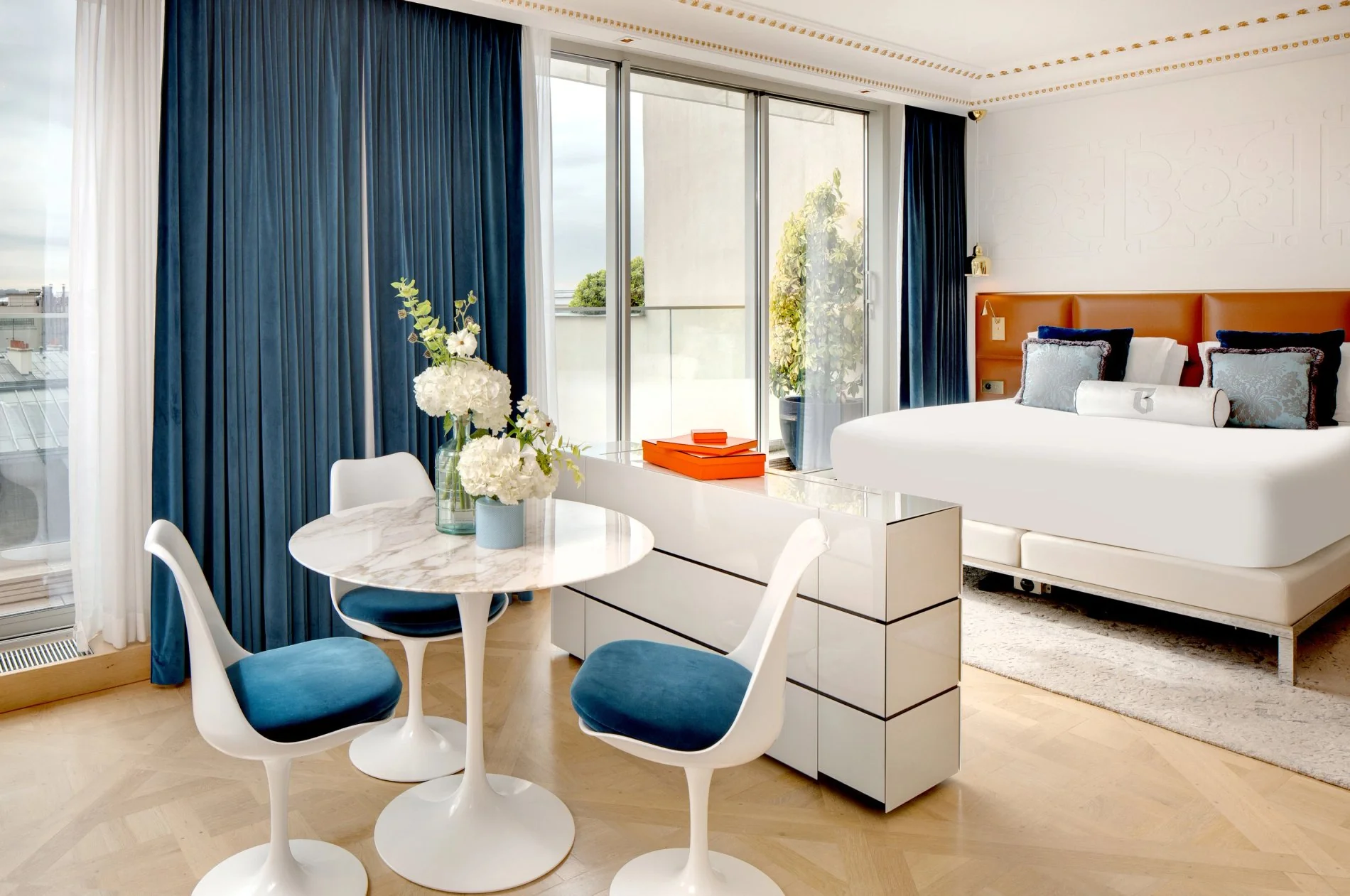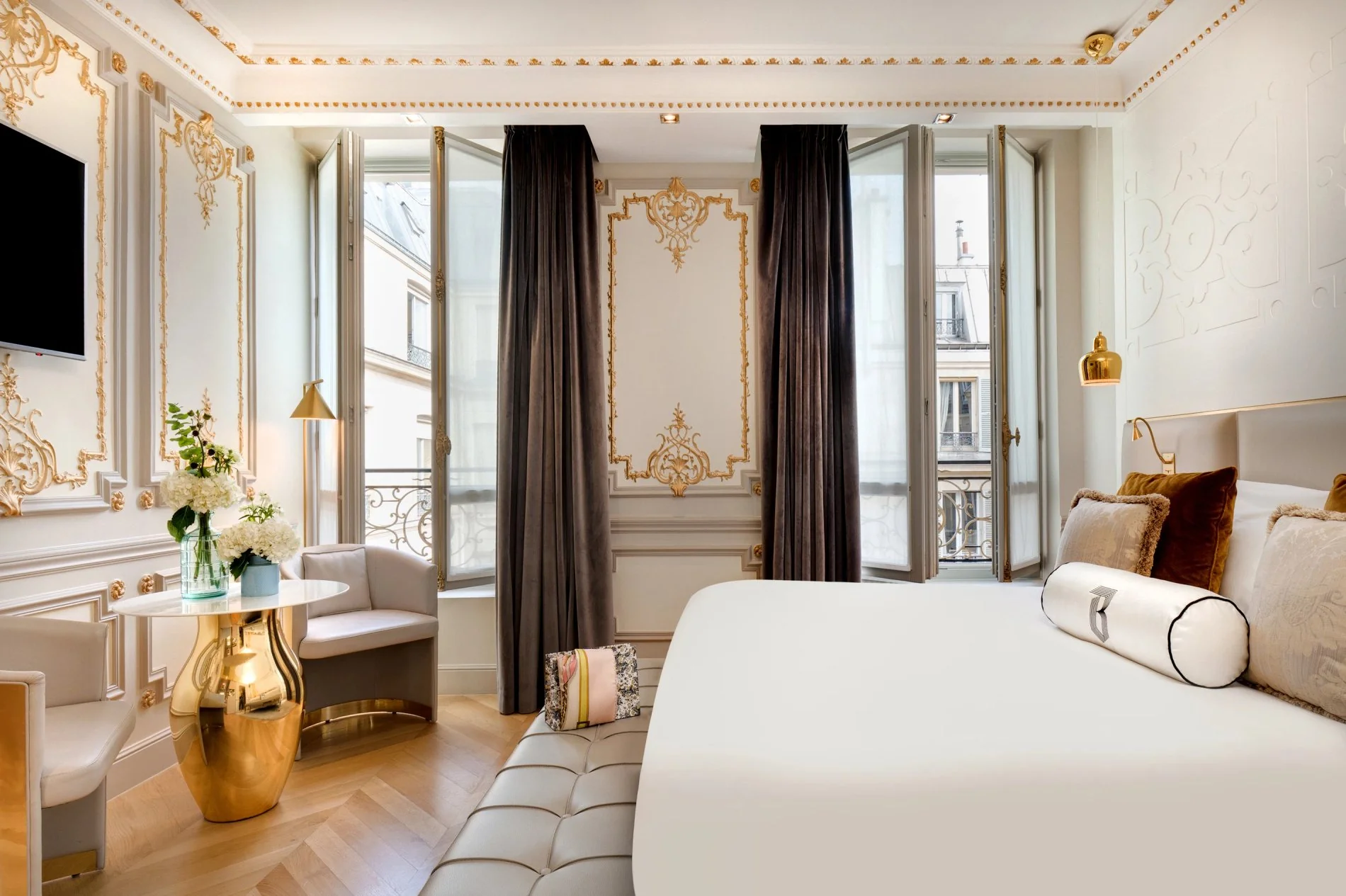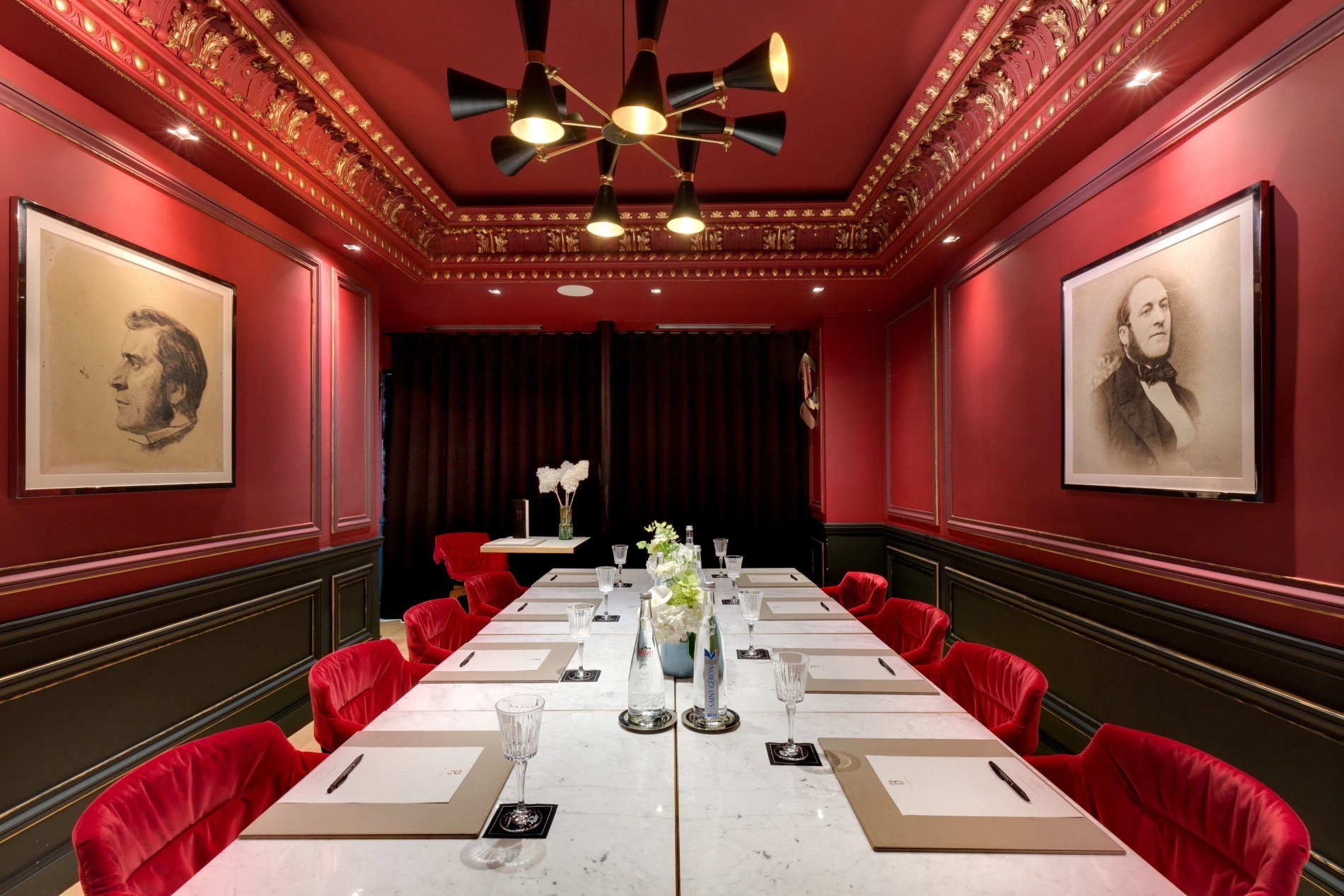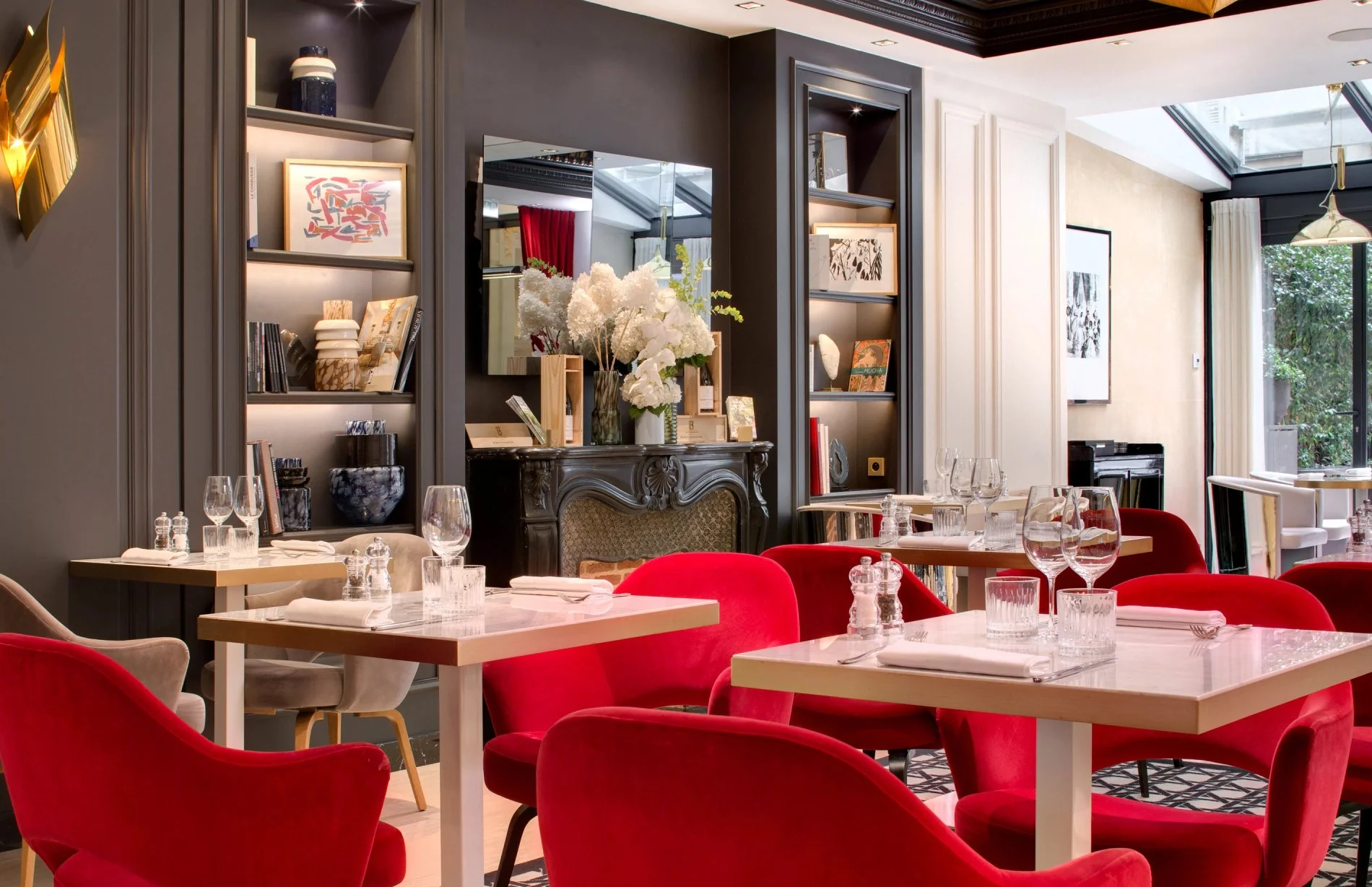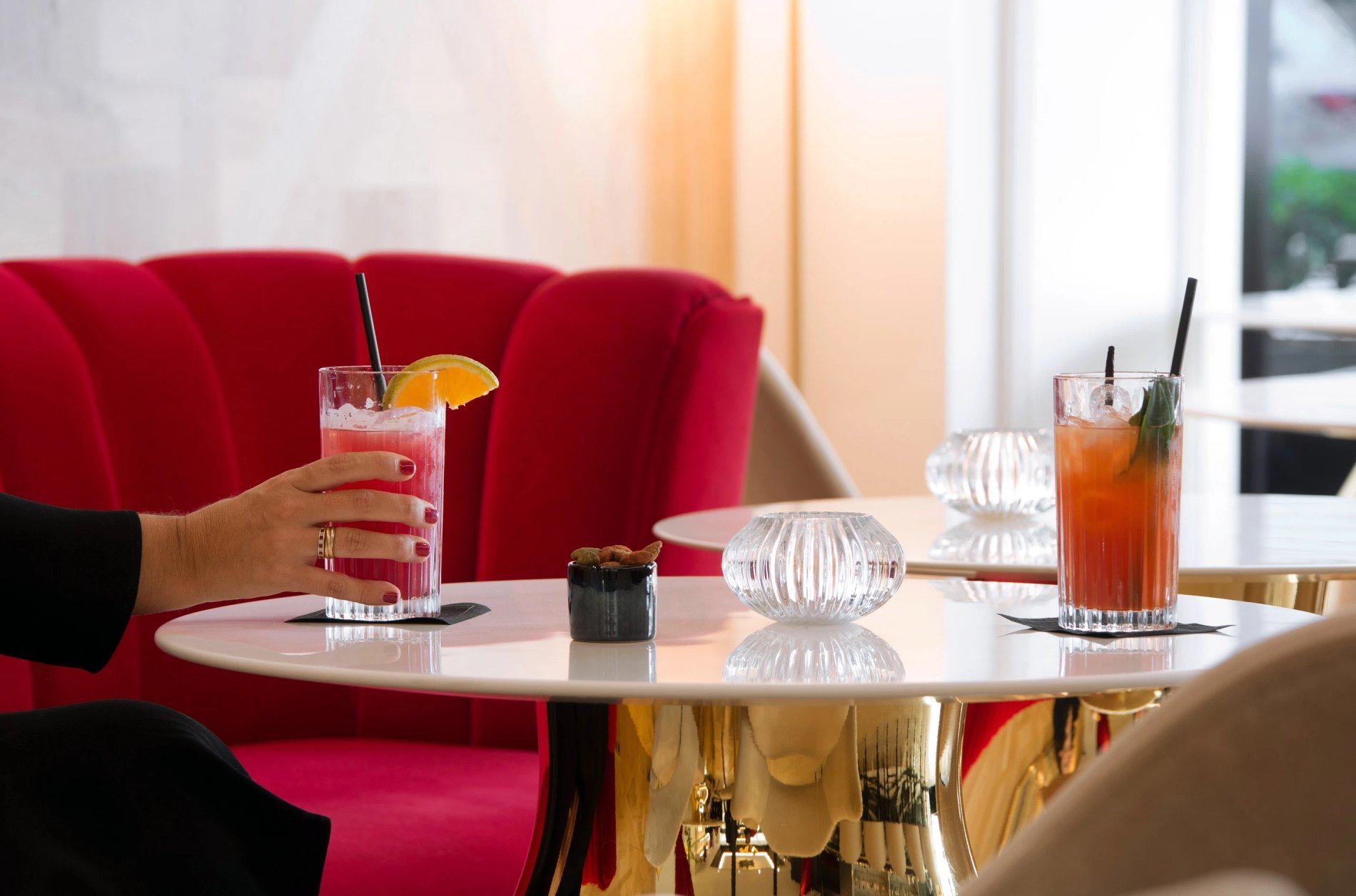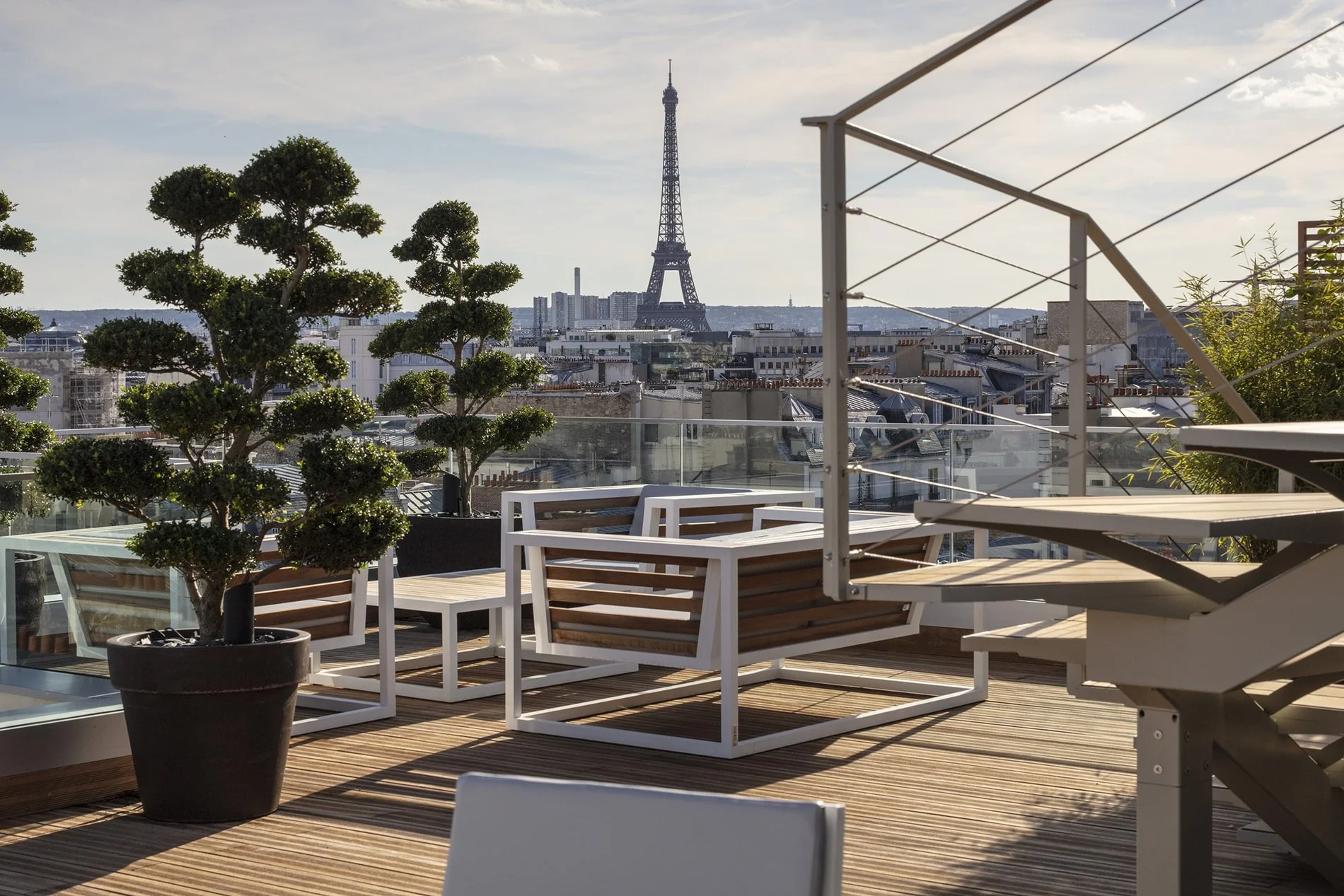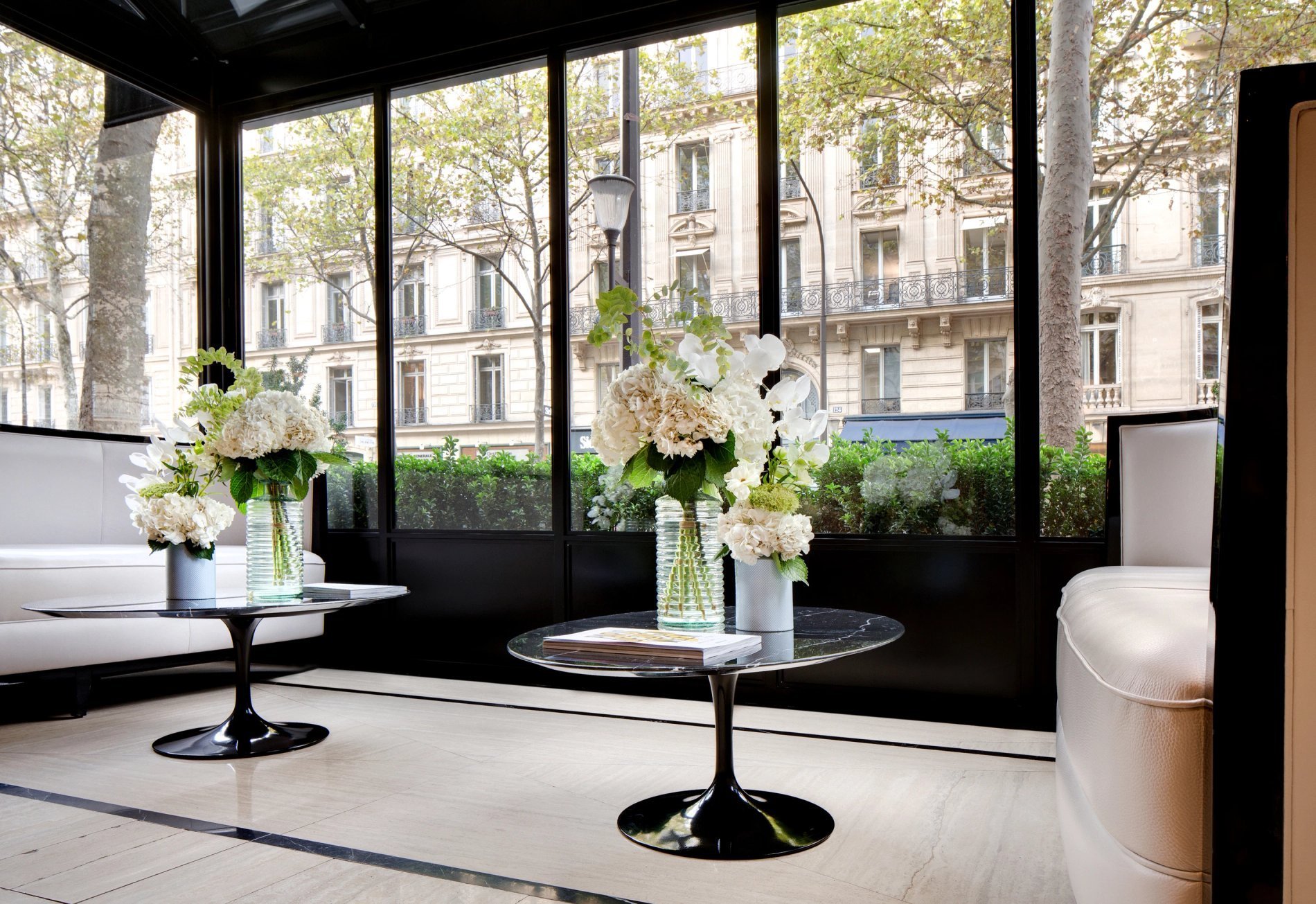Paris right on your doorstep
NEIGHBORHOOD
Paris right on your doorstep: Your parisian experience starts here.
Baron Haussmann, after whom Boulevard Haussmann on which the hotel stands is named, loved this neighbourhood.
The boulevard evokes the Paris of dreams with its superb department stores and iconic buildings.
Parc Monceau, one of Paris’ lushest gardens, is just a stone’s throw from the hotel. You’re sure to want to walk through, rest in and explore the delights of this wonderful park!
Around the hotel is a glorious range of art galleries displaying all eras and styles.
This is where Hôtel Bowmann receives its guests and pays tribute to the famous Baron Haussmann. The influence of the past subtly and elegantly intertwines with the hotel’s contemporary and innovative spirit, enabling guests to enjoy a truly Parisian experience.
Customer information on low-impact transport in Paris
The Hotel Bowmann and its team are aware of the environmental impact of its activity in Paris.
Passenger transport accounts for more than a quarter of the city's carbon footprint. A large part of this comes from the air travel of Parisians, and another part from road transport. Transport is also the main source of atmospheric pollutants (nitrogen oxides and fine particles) responsible for respiratory illnesses. For the past 15 years, the City of Paris has been taking action to reduce greenhouse gas emissions linked to transport. Since 2004, emissions from passenger traffic in Paris and on the boulevard périphérique have fallen by 33%.
Here are a few more environmentally-friendly ways to get to and from the Hôtel Bowmann:
- By public transport: Paris benefits from a high-quality, diversified and dense public transport system (bus, metro, RER, tramway, train). The whole city is easily accessible by public transport, day and night.
- On foot - Zero impact for healthy lungs. Not only good for the environment, but also for your health!
- By bike - Zero Impact and contemplative. Paris is a pioneer in soft mobility, notably with its Vélib' service, but also with the development of cycle paths, traffic lanes and parking spaces adapted to electric vehicles. You can borrow a Velib to get around the heart of the city: an original way to explore the city and discover the countryside, without impacting on the environment! Unusual forms of transport are also available (bike cabs, horse-drawn carriages, horse-drawn carriages, etc.).
- Parisian cabs: They'll take you anywhere in Paris, but also on long journeys. Electric or hybrid cabs are more environmentally friendly.
Discovering the natural spaces around Paris
Respecting nature also means being part of its beauty.
The Bowmann Hotel and its team are committed to an environmentally friendly approach and are keen to raise awareness among their guests of the natural wealth that surrounds the capital. Contrary to what one might think, Paris and its region are home to many preserved natural areas, refuges of biodiversity. Forests, regional nature parks, the banks of the Seine, and historic gardens offer opportunities to get away from it all while respecting nature. To find out more, consult the Atlas of Nature by clicking here, or discover our selection:
Some iconic places to explore:
- The Bois de Boulogne and the Bois de Vincennes: Two veritable green lungs on the outskirts of Paris, home to squirrels, birds, pollinating insects, and a diverse flora.
- The Coulée Verte René-Dumont: A former railway line transformed into a green promenade, perfect for a peaceful stroll among trees, wildflowers, and urban birds.
- The Parc de Sceaux, the Forest of Fontainebleau, and the French Vexin Regional Nature Park: Less than an hour's drive away, these areas offer an immersion in the heart of the Île-de-France countryside.
Fauna and flora to be preserved:
The Île-de-France region is home to a discreet but precious fauna: hedgehogs, bats, frogs, bees, chickadees, dragonflies... as well as local flora threatened by soil artificialization, pollution, and human behavior.
Good habits to adopt during your walks:
- Stay on marked trails so as not to disturb the soil or natural habitats.
- Do not pick plants: even if they are abundant, many of them are essential to the balance of ecosystems.
- Avoid feeding wild animals, even the most familiar ones. This can harm their health and alter their natural behavior.
- Take your trash with you, even if it is biodegradable. A fruit peel can take months to decompose and harm certain species.
- Be quiet: loud noises can disturb wildlife, especially during nesting or hibernation periods.


